Learn the power of solitude as it gives you a chance to reconnect with yourself. And in these quiet moments, you can truly grow. So, let’s explore more!
Connect to your soul and quiet your busy mind.
Key points
- We all need solitude and silence, and we all need social connection.
- Solitude helps us put things into perspective and gain clarity.
- Solitude can help us to not be reactionary and instead be responsive, open, and more flexible in our thinking.

This post is part one of a series.
Read More Here: 7 Reasons Being Alone Helps Build A Strong Personality
The Power Of Solitude And Social Connection
We all need solitude and silence, and we all need social connection. We are vastly connected to everything in the universe, and we forget it, most of the time. We can be so consumed with the busyness and the fast pace of life we can lose the connection with ourselves and others and live on auto-pilot, missing the connection we all long for.
One way we can come home to the heart of our connection with everything is the practice of solitude, or I like to call it “soulitude,” where you connect deep within your heart. Just taking 20 minutes a day to spend some time in solitude can work on many levels, and you will see the benefits first-hand of the sound of silence, leading you to live more freely and peacefully.
Solitude helps with quieting the busy mind in many ways. It helps us put things into perspective and gain clarity. We can see things more clearly and it helps us through our confusion. When we quiet our minds, the critics and judgments fall away.
When you connect to yourself, you can better know your likes and dislikes, connect to your desires, explore what you are interested in and clearly know what you no longer want in your life, and let go of things that no longer serve you.
You can clean out the clutter and confusion and become more empowered and confident in learning to listen and trust yourself to see yourself through any situation that arises. Through clarity, we are more confident and courageous to take the next steps in our lives and to live more freely as we are.
It can also support us to not be reactionary and instead be responsive, open, and more flexible in our thinking. By no means is it our fault that we are creatures of automatic patterns and behaviors; it is how we learned to survive in this world. When we don’t have a clear mind or perspective, we may react to others from a place of defensiveness, fear, and separation, especially when we are at our limit.
When we take some time and a pause, we can become more responsive and act and communicate with compassion rather than fear. When we act from compassion, it can be compassion for ourselves and even compassion for others. We begin to listen with more of an open mind and see that multiple perspectives can co-exist.
When we are responsive, we are open and more caring, and we feel connected because we see we are in this together. It’s no longer an I or Me; it’s a We. This is a doorway to peace.
Solitude can help tame our emotions. When our emotions feel strong or intense, this quiet time can help us put things into perspective. Often, our emotions run amuck because we are all over the place trying to manage a number of things. When we take some space, our emotions settle and balance out. Emotional balance is the key to feeling connected with others.
We build positive and healthy emotional states and can better regulate ourselves so emotions don’t cause us to act in a way that can be harmful to others or ourselves. When we act from a place of love and emotional equanimity, we have more internal peace and create more connection and peace with others.
Something that you may already be familiar with is that solitude can calm us when we feel overwhelmed by others’ energies so we can find more peace. Solitude is necessary to connect to inner peace. In daily life, we can get caught in a web of the many energies that surround us and get pulled into reactive patterns and ways of being.
When we take the time for ourselves to be in solitude, we can cultivate more peaceful states and release judgments, energies, demands, and the critiques of others. When we let go of energies that no longer serve us, we become more peaceful and invigorated with new energies focused on things that inspire us.

Lastly, solitude supports us to become more open and flexible in our thinking. As we practice being in solitude, it’s possible to quiet our minds, as well as all surrounding energies, and train ourselves to listen to our hearts, allowing ourselves to be guided by our souls into a new way of being where the conditioned and reactive patterns loosen and slowly fall away, allowing us to be more responsive, open, flexible, and adaptable in our thinking.
When we are responsive, we are thinking with our highest and most calm self and can connect with others more freely and honestly.
Read More Here: The Art of Solitude: 7 Lessons For Modern Times
References
Banks DJ, Bradley KA. SILENCE: a new forward genetic technology. Nat Methods. 2007 Jan;4(1):51–53. doi: 10.1038/nmeth991. Epub 2006 Dec 17. PMID: 17179935.
Bowker, J. C., Stotsky, M. T., & Etkin, R. G. (2017). How BIS/BAS and psycho-behavioral variables distinguish between social withdrawal subtypes during emerging adulthood. Personality and Individual Differences, 119, 283–288. https://doi.org/10.1016/j.paid.2017.07.04
Knafo, D. (2012). Alone together: Solitude and the creative encounter in art and psychoanalysis. Psychoanalytic Dialogues, 22(1), 54–71. https://doi.org/10.1080/10481885.2012.646605
Venditti, S., Verdone, L., Reale, A., Vetriani, V., Caserta, M., & Zampieri, M. (2020). Molecules of silence: Effects of meditation on gene expression and epigenetics. Frontiers in Psychology, 11, Article 1767. https://doi.org/10.3389/fpsyg.2020.01767
Weinstein N, Vuorre M, Adams M, Nguyen TV. Balance between solitude and socializing: everyday solitude time both benefits and harms well-being. Sci Rep. 2023 Dec 5;13(1):21160. doi: 10.1038/s41598-023-44507-7. PMID: 38052821; PMCID: PMC10698034.
Explore more of Dr. Nicole Tetreault’s insights at www.nicoletetreault.com for transformative perspectives.
Nicole Tetreault, Ph.D., is a neuroscientist, author, meditation teacher, and international keynote speaker on topics of neurodiversity, neurodevelopment, creativity, mental health, and wellness. Her book, Insight into a Bright Mind, explores groundbreaking research examining the experiences of unique, creative, and intense brains through interviews, storytelling, and literary science, while advocating for new directions of human diversity and neurodiversity.
Tetreault received her Ph.D. from the California Institute of Technology (Caltech) in neuroscience and has authored numerous academic papers on intelligence, autism, brain evolution, neuroinflammation, and behavior.
She is a professor at Bridges Graduate School of Cognitive Diversity in Education and teaches meditation, the complexities of neurodiversity, and neuroscience. As recipient of the Milton Career Exploration Prize from Caltech, she founded the novel non-profit Beyond the Cell, a transformative program to rehabilitate formerly incarcerated women and at-risk girls through guided meditation, dharma, neuroscience, and expressive writing.
As the founder of Awesome Neuroscience, Tetreault leads a new generation of meditation practices by fusing novel discoveries in neuroscience with the ancient lineage of Asian meditation.
She translates the most promising neuroscience and positive psychology into corporate trainings and meditation retreats, supporting people around the world in increasing creativity, deepening peace, awakening compassion, and wiring their minds for love.
Tetreault believes in our ability to wire our minds using positive neural plasticity through compassion and wisdom, liberating us to live the lives we dream.
If you resonate with the power of solitude, then share your thoughts in the comments below!
Written by Nicole Tetreault, Ph.D.
Originally appeared on: Psychology Today


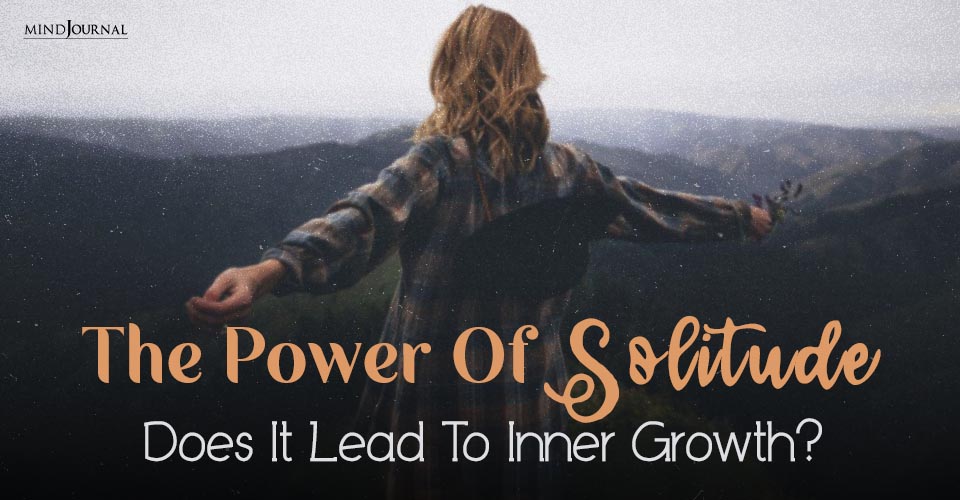

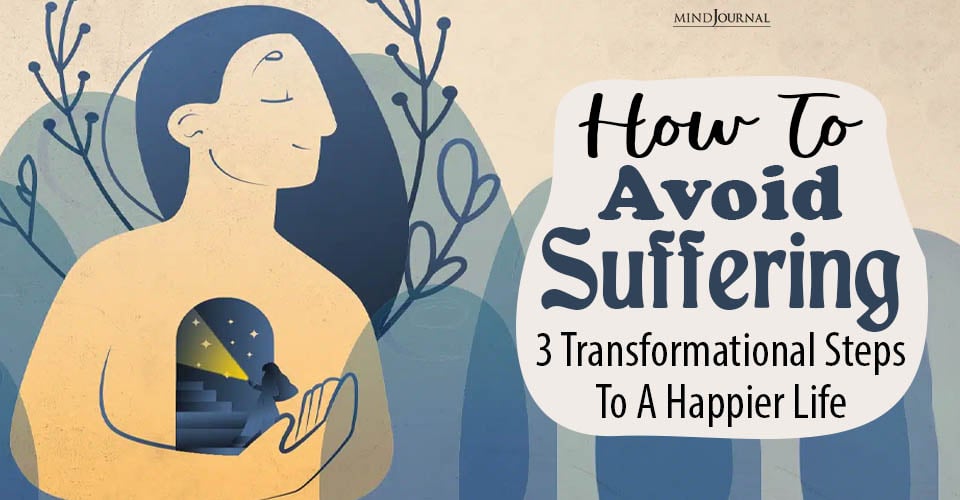
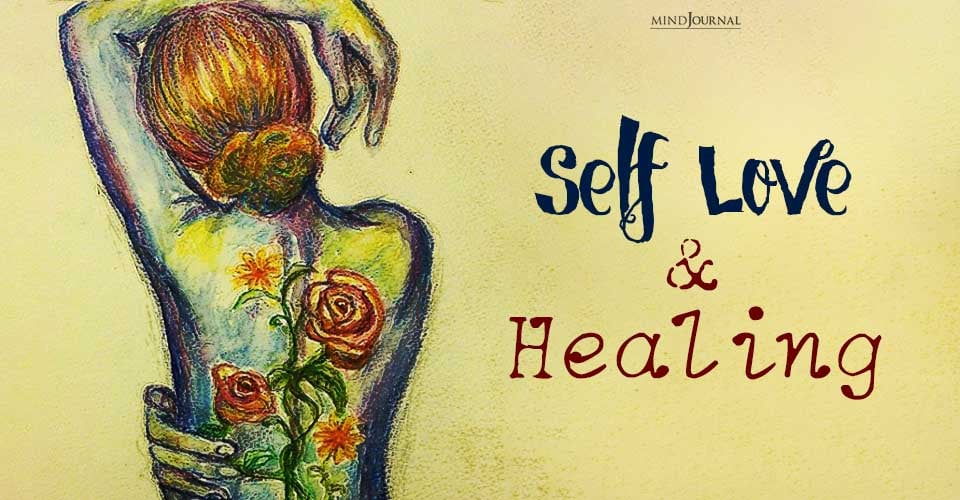
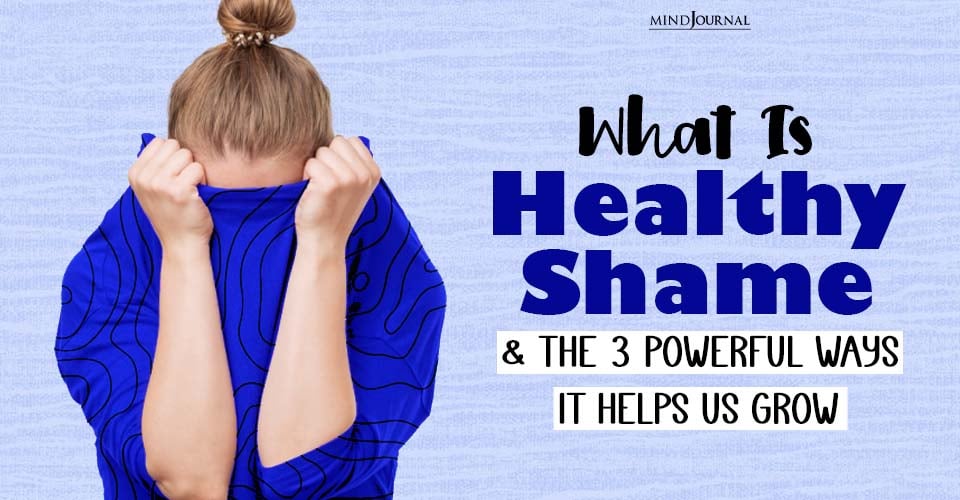
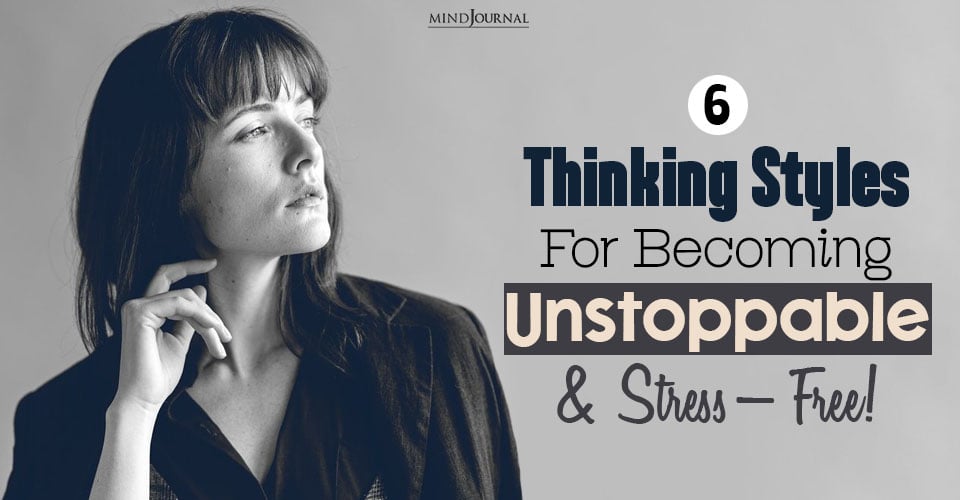
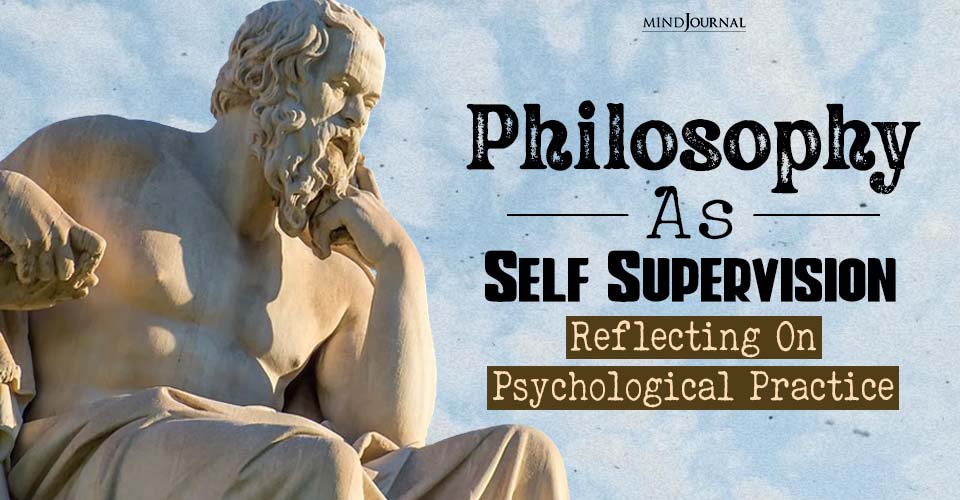
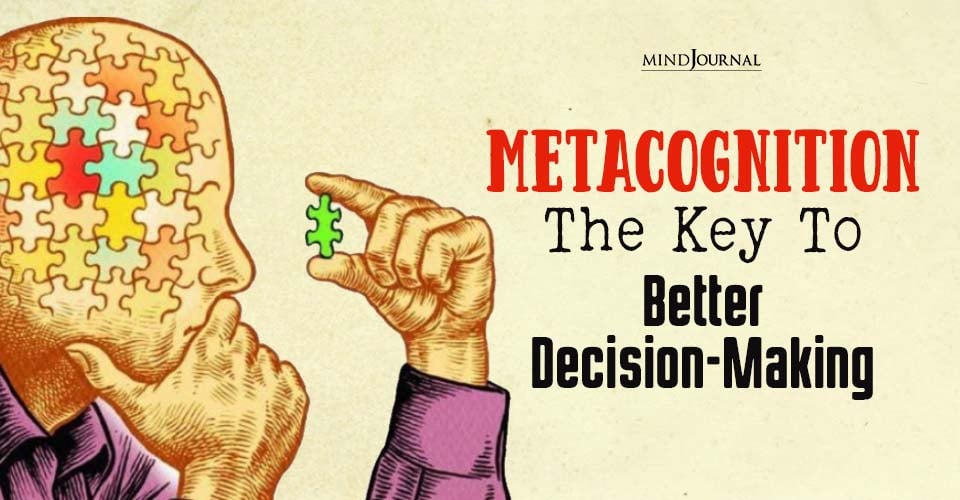
Leave a Reply